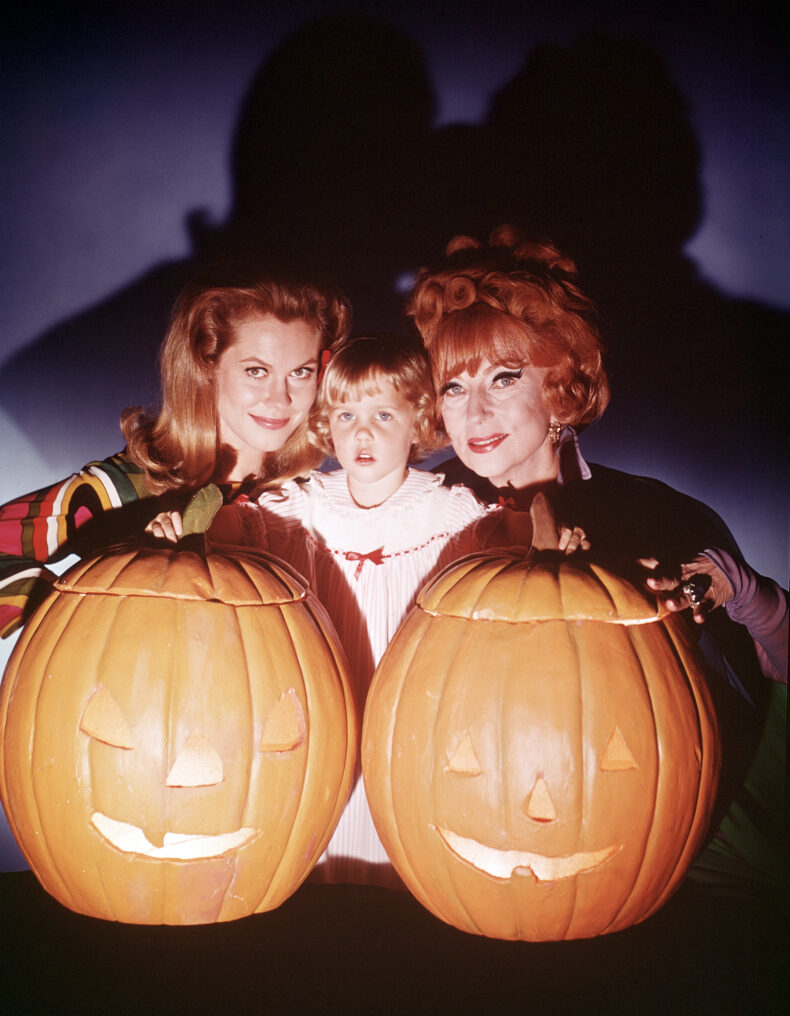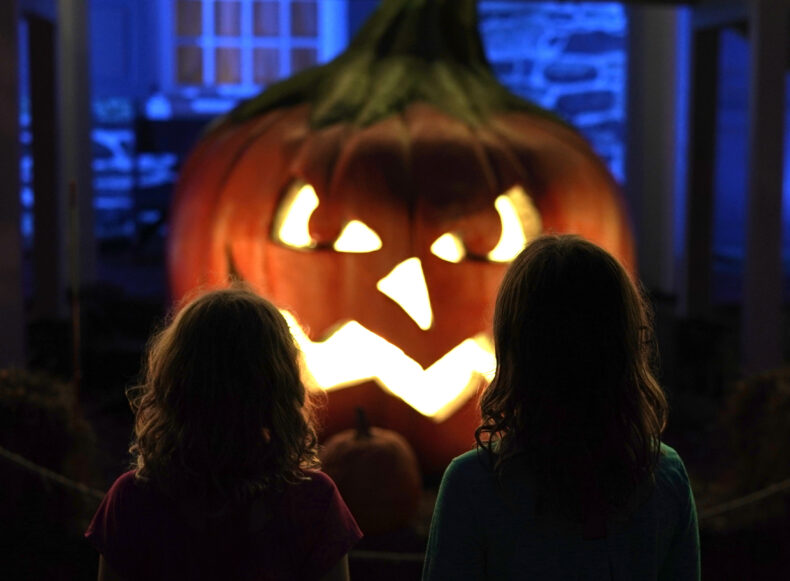Halloween is, as you know, the holiday we celebrate every year on 31 October. The origin of this holiday is closely linked to the ancient Celtic festival of Samhain. Who were the Celts? They were a section of the population that lived 2,000 years ago mainly in the area that is now Ireland.
During this event, people gathered around a bonfire and wore costumes to ward off ghosts. This ancient Gaelic festival took place on 1 November but began the night before, and is very close to what we know today. This particular time of year marked the changing of the seasons, a time of year when many believed it was easier to make contact with the dead. It is also from here that Halloween acquires its ‘haunted’ connotation.
But have you ever wondered whether the origin and history of Halloween, and especially its meaning, is pagan or Christian? Exactly on 13 May 609 A.D., Pope Boniface IV dedicated the Pantheon in Rome in honour of all Christian martyrs, and the Catholic feast of All Martyrs was established in the Western Church. Later, however, it was Pope Gregory III who expanded this feast to include all saints and martyrs and moved the feast from 13 May to 1 November. The previous evening, the 31st, was instead known as All Saints’ Eve, and later Halloween.
Then over the course of time, Halloween also evolved as a holiday, becoming the holiday of trick-or-treating, linked to the legend of Jack-o’-lantern, but more importantly its meaning, whether pagan or Christian? Exactly on 13 May 609 A.D., Pope Boniface IV dedicated the Pantheon in Rome in honour of all the Christian martyrs and the Catholic feast of All Martyrs was established in the Western Church. Later, however, it was Pope Gregory III who expanded this feast to include all saints and martyrs and moved the feast from 13 May to 1 November. The previous evening, the 31st, was instead known as All Saints’ Eve, and later Halloween.
Then over the course of time, Halloween also evolved as a holiday, becoming the ‘trick-or-treat’ holiday, linked to the legend of Jack-o’-lantern. The English name for Halloween dates back to medieval Christianity. The word hallow is derived from Middle and Old English meaning holy. From the early rituals that were certainly more authentic and spiritual, we moved with the passage of time to the decidedly more American customs of Halloween, although the origin of this festivity has nothing to do with America. However, when America was invaded by new Irish immigrants in the second half of the 19th century, it was they who helped to popularise the celebration of Halloween nationwide. Thus, a new American tradition was born, which today we celebrate all over the world. In recent years this holiday is the second most commercial holiday after Christmas, America of all countries is estimated to spend about $6 billion a year on Halloween.
HALLOWEEN: AFTER CHRISTMAS, THE SECOND MOST POPULAR HOLIDAY IN THE WORLD
- THE ADDAMS FAMILY – “Halloween, Addams Style” – Airdate: October 29, 1965. (Photo by ABC Photo Archives/Disney General Entertainment Content via Getty Images) L-R: JOHN ASTIN;JACKIE COOGAN;CAROLYN JONES
- UNITED STATES – OCTOBER 30: BEWITCHED – “To Trick or Treat or Not to Trick or Treat” – Season Six – 10/30/69, Endora (Agnes Moorehead), Tabitha (Erin Murphy) and Samantha (Elizabeth Montgomery) celebrated Halloween., (Photo by ABC Photo Archives/Disney General Entertainment Content via Getty Images)
- NEW YORK, NY – OCTOBER 31: Heidi Klum attends Heidi Klum’s 16th Annual Halloween Party sponsored by GSN’s Hellevator And SVEDKA Vodka At LAVO New York on October 31, 2015 in New York City. (Photo by Mike Coppola/Getty Images for Heidi Klum)
- FAMILY MATTERS – “Who’s Kid is it Anyway?” – Airdate: October 30, 1992. (Photo by ABC Photo Archives/Disney General Entertainment Content via Getty Images) JACK-O-LANTERNS
- BEVERLY HILLS, CA – OCTOBER 26: Harry Styles attends the Casamigos Halloween Party on October 26, 2018 in Beverly Hills, California. (Photo by Kevin Mazur/Getty Images for Casamigos)
- Cher during Bob Mackie’s 1988 Halloween Party at Century Paramount in Century City, California, United States. (Photo by Ron Galella/Ron Galella Collection via Getty Images)
- Halloween decorations are seen on display during the Great Jack OLantern Blaze in Croton-on-Hudson, New York on October 22, 2020, featuring over 7,000 hand-carved, illuminated pumpkins set against the mysterious backdrop of Van Cortlandt Manors 17th-century buildings and riverside landscape. – Croton-on-Hudson, a quaint village an hour north of New York that’s thrived thanks to a tale written some 200 years ago, is holding its annual Halloween bash — with the election and the pandemic lending an extra dose of chills. The October 31st holiday is an industry of its own in this picturesque corner of the Hudson River Valley. Tens of thousands of tourists from all over the world venture there seeking the spirit of “The Legend of Sleepy Hollow”, an 1820 story by Washington Irving about a headless horseman who haunts a superstitious schoolteacher. (Photo by TIMOTHY A. CLARY / AFP) (Photo by TIMOTHY A. CLARY/AFP via Getty Images)








